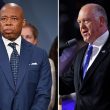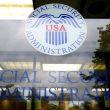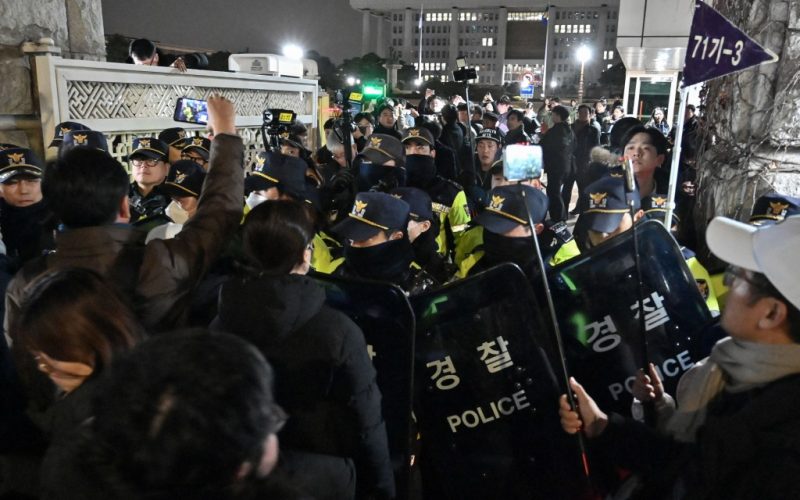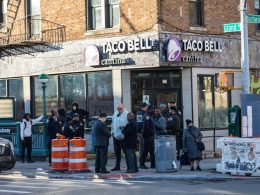The White House Tuesday said it was “monitoring” the situation in South Korea after the president of the close U.S. ally suddenly declared martial law.
The Biden administration had no immediate substantive comment on the shocking announcement by unpopular President Yoon Suk Yeol, which led to chaotic late night scenes in Seoul as opposition lawmakers voted to oppose the measure.
“The administration is in contact with the (South Korea) government and is monitoring the situation closely,” a spokesman for the White House National Security Council said.
There was no comment from Biden himself, who was on a state visit to the oil-rich southern African nation of Angola.
President-elect Trump did not immediately respond to the surprise announcement either.

The South Korean parliament voted after midnight to reverse the martial law declaration. But it was unclear what impact the vote would have as police and soldiers cleared the parliament building.
Crowds gathered on the streets of Seoul as temperatures dipped toward freezing but there were no immediate reports of injuries or mass arrests.
Yeol declared martial law earlier Tuesday, vowing to eliminate “anti-state” forces as he struggles against the opposition, which controls the country’s parliament.
He accuses his political rivals of sympathizing with communist North Korea, although that seemed very unlikely.
The surprising move harkened back to an era of authoritarian leaders that the Asian economic powerhouse has not seen since the 1980s, and it was immediately denounced by both the opposition and even the leader of Yoon’s own conservative party.








